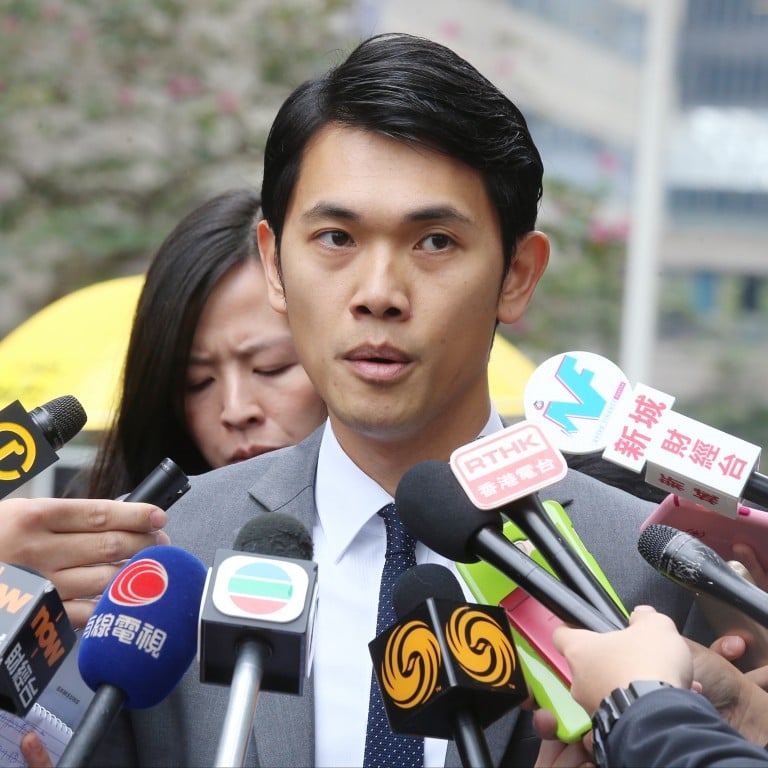
Beware sophisticated deepfake scams
- Vigilance is needed to prevent being duped by scams, the latest involving AI -generated images and imitated voices on a video call which duped company out of HK$200 million
Deepfake technology is no longer just the stuff of nightmares for social media users. The corporate world must heed police warnings about such risks after the Hong Kong branch of an international company was duped out of millions of dollars by a bogus video call from AI-generated “colleagues”.
The case raised alarm because of the large sum lost, HK$200 million (US$25.6 million), and the unique circumstances of the scam.
While past frauds have involved one-on-one video calls, the recent victims were drawn in by a multi-person conference where everyone else on-screen was fake.
Acting Senior Superintendent Baron Chan Shun-ching of the Cyber Security and Technology and Crime Bureau said scammers used the artificial intelligence (AI) technology to “imitate the voice of their targets reading from a script”.
Investigators have not identified the company or the workers involved, but they said publicly available video footage was used to create convincing moving images of company officials.
The employee of the Hong Kong branch was initially suspicious when they got a message in January apparently from their UK-based chief financial officer.
HK$200 million lost in deepfake conference call scam in Hong Kong first
But after being invited to a group video conference where recognisable staff seemed to be present, the worker went on to make 15 large transfers to five Hong Kong bank accounts. Investigators have not yet made any arrests.
Police said steps can be taken to confirm that those appearing in sensitive online meetings are not digital fakes. Asking people on video calls to move their heads or to answer questions can help verify their identities.
The world is waking up to deepfakes after seeing alarmingly convincing false images of singer Taylor Swift, Hong Kong Chief Executive John Lee Ka-chiu, as well as Singapore Prime Minister Lee Hsien Loong and others. The United States is on alert for such content in a tough presidential election year.
Hong Kong’s costly case is yet another reminder that as social media platforms and cybersecurity experts race to keep up with scammers, individuals must stay diligent. Seeing is no longer believing.

